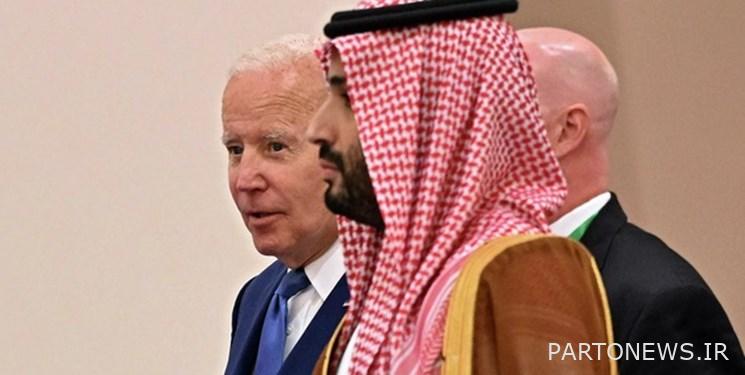American newspaper: Saudi Arabia no longer cares about pleasing the White House

According to the report of the International Economic Group of Fars News Agency, an American newspaper wrote that the sudden decrease in Saudi oil production shows that Mohammed bin Salman, the crown prince of Saudi Arabia, no longer cares about pleasing the United States, which was angered by this action.
The Wall Street Journal added: The reduction in oil production by Saudi Arabia and its allies showed how Saudi Crown Prince Mohammed bin Salman is ready to set aside US concerns by pursuing a national energy policy aimed at financing costly projects for his country. .
This newspaper added: Riyadh’s decision on Sunday to reduce production by 500,000 barrels per day was surprising, especially since Saudi Arabia’s Energy Minister Abdulaziz bin Salman had told industry analysts in February that his country would reduce oil prices to around $65 or $70 per barrel. will bear the barrel.
According to analysts and Saudi officials, the price of Brent oil, which is an international standard, has been declining since the end of last year due to fears of a global recession, and last month it was close to $70 per barrel; But last Monday, the price of oil recorded its highest one-day increase in more than a year and reached 84.93 dollars per barrel with a 6.3% increase.
According to the American newspaper Wall Street Journal, this action of Saudi Arabia is interpreted as the country will do its best to keep the price of oil at a level that benefits the country’s national interests and from the “Saudi Arabia First” policy. to support
The newspaper emphasized that Saudi Arabia’s decision to cut oil production is a sign that the Saudi crown prince is no longer interested in pleasing the United States and is looking to gain benefits in return for whatever he gives to Washington.
Wall Street cited Saudi Arabia’s decision to cut output as a desire to pay for massive development projects inside Saudi Arabia, including a world-class tourism hub on the Red Sea next to Belgium that is the size of Belgium, complete with Maldives-style hotels. They are floating on the water, as well as the Neum advanced city project, which costs 500 billion dollars to build and is 33 times larger than New York City.
The newspaper pointed out that the Saudi crown prince’s decision to cut oil production was prompted by warnings from his brother, the country’s energy minister, that oil prices could fall below $50 per barrel, which would make Saudi Arabia’s big-budget projects difficult. put it at risk.
Wall Street predicted that the cut in oil production would have major political consequences, including a significant increase in tensions between Saudi Arabia and the United States.
Saudi Arabia, once a reliable U.S. partner, has adjusted energy policy against Washington’s interests for more than a year, the newspaper said, and a recent drop in oil production has boosted oil prices and helped Russia seek better prices. guarantee for the crude oil of this country.
Russia and eight OPEC+ member countries on Sunday simultaneously and unexpectedly announced a further reduction in oil production by about 1.65 million barrels per day from next month to stabilize the global energy market.
The voluntary reduction of oil production by these countries will begin in May 2023 and will continue until the end of 2023.
Meanwhile, the White House on Monday called OPEC+ countries’ decision to cut oil production immediately unreasonable.
The American network “CNBC” quoted the spokesman of the National Security Council of the White House in a statement and added that the news to reduce oil production is not reasonable considering the uncertainty in the market.
end of message/
You can edit this article
Suggest this article for the first page

